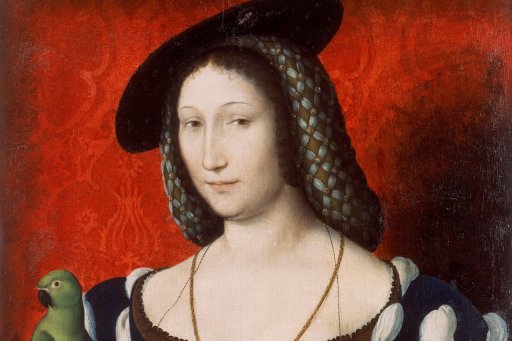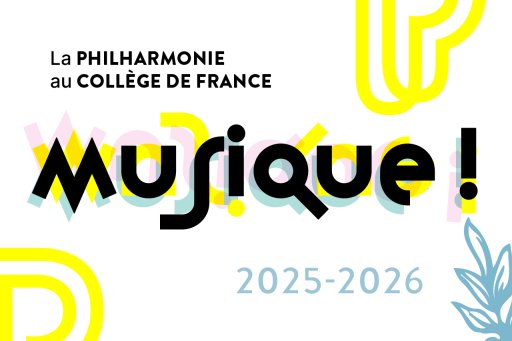
Émilie Aubry, editor-in-chief of the program Le dessous des cartes on Arte, and William Marx, Professor of Comparative Literatures at the Collège de France, interview Orhan Pamuk, winner of the 2006 Nobel Prize for Literature, for an exceptional evening organized as part of the new partnership between the Collège de France and Arte.
The meeting is devoted to the real and imaginary links between Turkey and Europe, and their mirror games, from geopolitics to literature.
The oscillation between East and West lies at the heart of Orhan Pamuk's work. Tensions, misunderstandings, confrontations, but also mutual fascination, borrowings and fruitful exchanges, multiple dialogues, have shaped the relationship between Europe and its great Ottoman and then Turkish neighbor for centuries. What can the great writer from Istanbul, a pivotal city if ever there was one, tell us about this relationship today, almost 100 years after the Treaty of Sèvres and the rise to power of the Young Turks?
Orhan Pamuk
Writer and essayist, Robert Yik-Fong Professor of the Humanities at Columbia University, New York. Author of numerous novels, including Cevdet Bey et ses fils (1982), La Maison du silence (1983), Le Château blanc (1985), Le Livre noir (1990), La Vie nouvelle (1995), Mon nom est Rouge (1998), Neige (2002), Istanbul, souvenirs d'une ville (2003), Le Musée de l'innocence (2008), Cette chose étrange en moi (2014) and La Femme aux cheveux roux (2016), he was awarded the Nobel Prize for Literature in 2006. His latest novel, Les Nuits de la peste, is due to be translated by Gallimard in March 2022.









